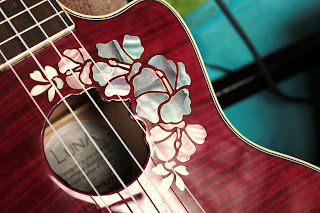Music has long been a form of expression, a way to vocalize feelings and events that cannot be contained to simple, dry words. At its most primal, it is the extension of one’s own heart, mind, and soul, and has been an integral part of humanity since the first rocks and sticks clanged together.
For musicians, the instruments they play become an extension of their very being. As such, they provide the comforting sounds, intricate chords, and sweet melodies that we hear every day. However, spending so much time creating music takes a physical toll on musicians, as well.
There are a slew of physical ailments that plague musicians, ranging from annoying tinges that can be stretched away to lasting pains that could lead to surgery down the road. The most overwhelmingly common complaint from musicians can be traced to pain caused by tendonitis. For many musicians, the development of tendonitis is viewed as a near certainty at some point. This annoying (and sometimes debilitating) condition is something that I have had some personal experience with—my hands, wrists, and elbows have all been affected in some way from playing music over time.
*Regina Spektor - "Music Box"










